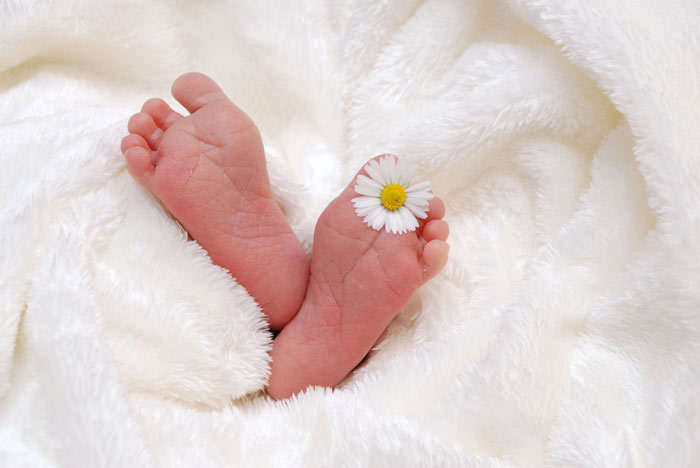What Is the Best Time for Giving Birth?
Scientists from the London School of Economics and Political Science (UK) obtained data that women who gave birth between the ages of 30 and 39 are more likely to give birth to smarter and healthier children than those who had offspring from 20 to 29 or from 40 to 49.
The researchers decided to test whether the age at which a woman became a mother affects the health of her child. To do this, they analyzed data from the large-scale Millennium Cohort Study, which collected a large amount of information on 18,000 British children.
After laborious work, it turned out that children of women aged 30–39 years show higher cognitive abilities, surpassing their peers in younger women and significantly exceeding their peers whose mothers gave birth to them at 40–49 years old. In addition, it turned out that mature mothers (after 40) play little with their children in comparison with younger ones.
30-year-old women are usually more educated and have a high level of income. Most likely, they have established a stable relationship with a partner by this age, had a healthy lifestyle, planned their pregnancy, and therefore took care of themselves and the child during this period. This is how the author of the study explains the results. Also, such mothers are less inclined to smoke, are more likely to advocate breastfeeding and are more willing to read books to their children.
The researchers also emphasize that, despite access to a large amount of data, they had to collect additional information on mothers who gave birth to their first child after 40 years as part of their work – only 53 such cases were analyzed.
Scientists have also noticed that the average age at which British women first become mothers has been steadily increasing since 1980. It was 24.5 years then, and today it is 28.1 years.
Another team of British researchers found out earlier how the birth of a child affects the life of the mother. It turned out that women with children are 20% less likely to die at an early age than those who have no children.

